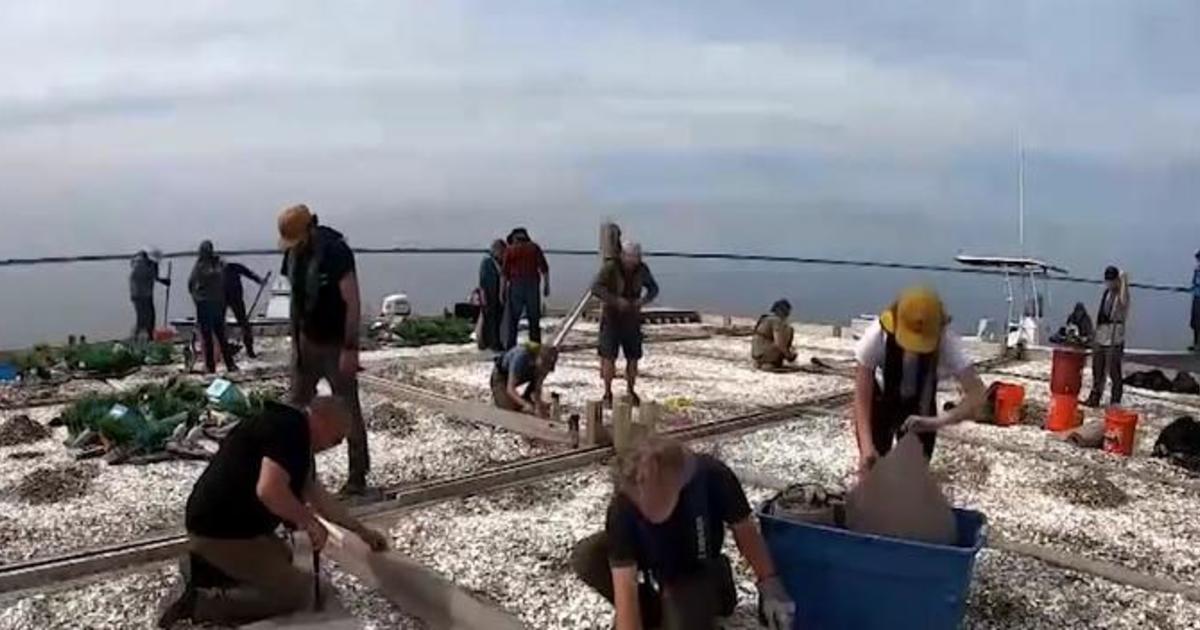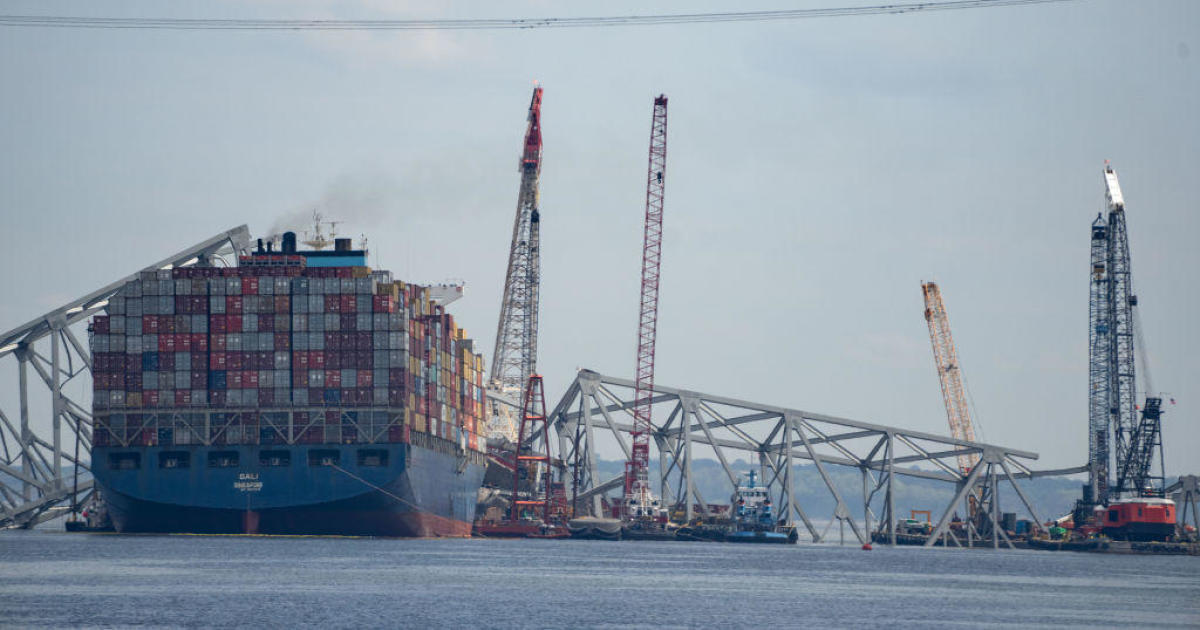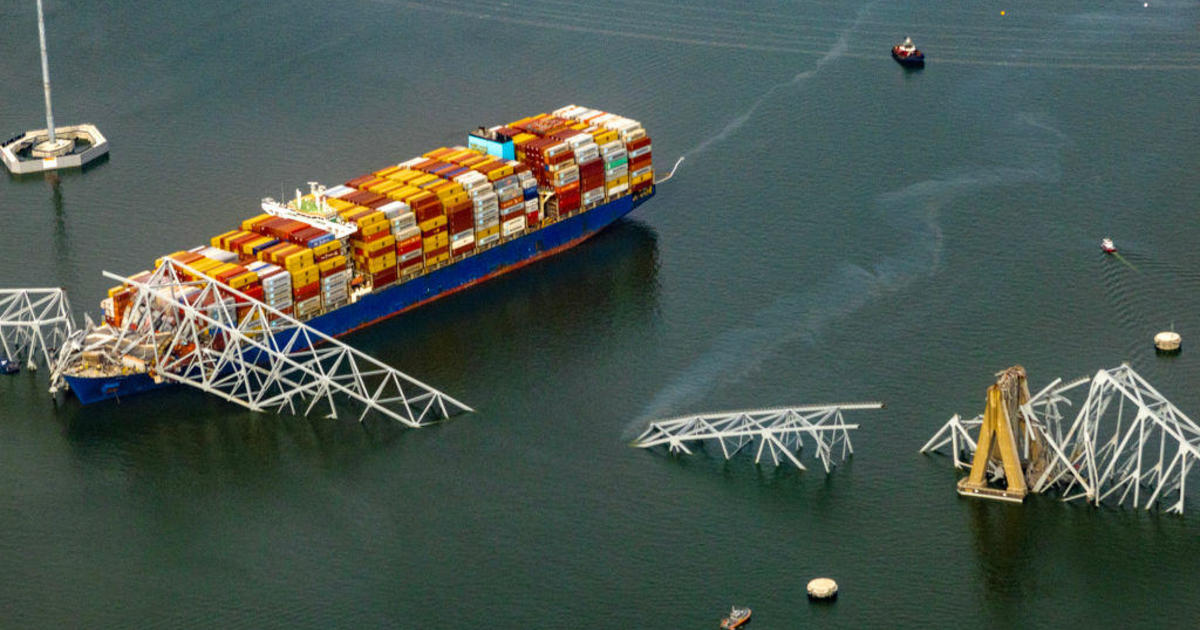States' Readiness Ranked In Face Of Water Threats; Md. Among Most Prepared
ALBUQUERQUE, N.M. (AP) -- New Mexico, Arizona and more than two dozen other states could face increased threats to water supplies if they don't do more to plan for rising temperatures and changes in rain and snowfall patterns, according to an analysis released Thursday by the Natural Resources Defense Council.
The nonprofit environmental group used the state-by-state analysis to highlight what it sees as a link between greenhouse gas emissions -- the pollutants blamed for global warming -- and weather changes that could ultimately affect water resources.
"If government officials have a greater appreciation of the impacts they're facing now and in the pipeline for the future, that will cause them to think again about more support for curbing the pollution and thus slowing the train that's rushing at them," David Doniger, the NRDC's climate and clean air policy director, told reporters during a conference call.
The analysis found that 29 states -- nearly 60 percent of the nation -- have either done nothing or very little to prepare for water-related effects from climate change.
California, New York and Maryland are among the states ranked as most prepared. New Mexico, Arizona and Texas are among those that have done little, according to the report.
NRDC officials acknowledged that some low ranked states do have existing water policies and programs aimed at conservation and efficiency, but they were not framed around climate change.
Water has long been a source of contention, particularly in Western states where prolonged drought, growing populations, endangered species and agricultural demands have put pressure on the dwindling resource. Interstate and international compacts that dictate water management of the West's major rivers also complicate matters.
California officials are considering a proposal to build two giant tunnels to boost water deliveries to farms and cities and
improve habitat for fish. In New Mexico, cities have been developing more surface water resources and pushing residents to conserve to ease strains on underground aquifers.
In Nevada, green lawns are going by the way side, and Texas is trying to recover from the worst one-year drought in that state's history.
Texas has a water plan, but NRDC said it fails to address the impacts of climate change on water availability and it does not offer suggestions for adapting to climate change.
The group had similar criticisms of New Mexico's water planning process.
New Mexico is behind in updating its water plan and critics have been pushing to make the process more inclusive.
Water policy expert Sig Silber said 85 percent of the water used in New Mexico goes to agricultural purposes, but the industry is not officially involved in planning. Also, water associated with oil and natural gas development isn't accounted for as part of the state's water budget.
"Our problem is more statewide planning than local planning," Silber said. "I think local communities are stepping up. But we have some major rivers, and a single community can't deal with a river that interconnects many parts of the state, others states and in one case another country. So that is the challenge."
The report also addressed the potential economic costs that changes in water resources could have for the states, from billions of dollars of lost gross domestic product over the next few decades to jobs losses and property damage.
The NRDC's color-coded map also favored the usual political split between red and blue states. While the group did not consider politics in the rankings, it said a state's preparedness for water impacts appeared linked to whether the issue was a priority of the governor.
In New Mexico, Republican Gov. Susana Martinez has been a vocal opponent of efforts to regulate greenhouse gas emissions, including a cap-and-trade program that was recently overturned by state regulators. She has argued that environmental stewardship should be balanced with economic growth and development.
"New Mexico is committed to protecting its water as we face the effects of an ongoing drought," said Martinez spokesman Greg Blair. "However, the cap-and-trade program would have cost New Mexico jobs and put us at an unnecessary disadvantage with other states in the region. ... The economic impact would have been widespread."
(Copyright 2012 by The Associated Press. All Rights Reserved.)



